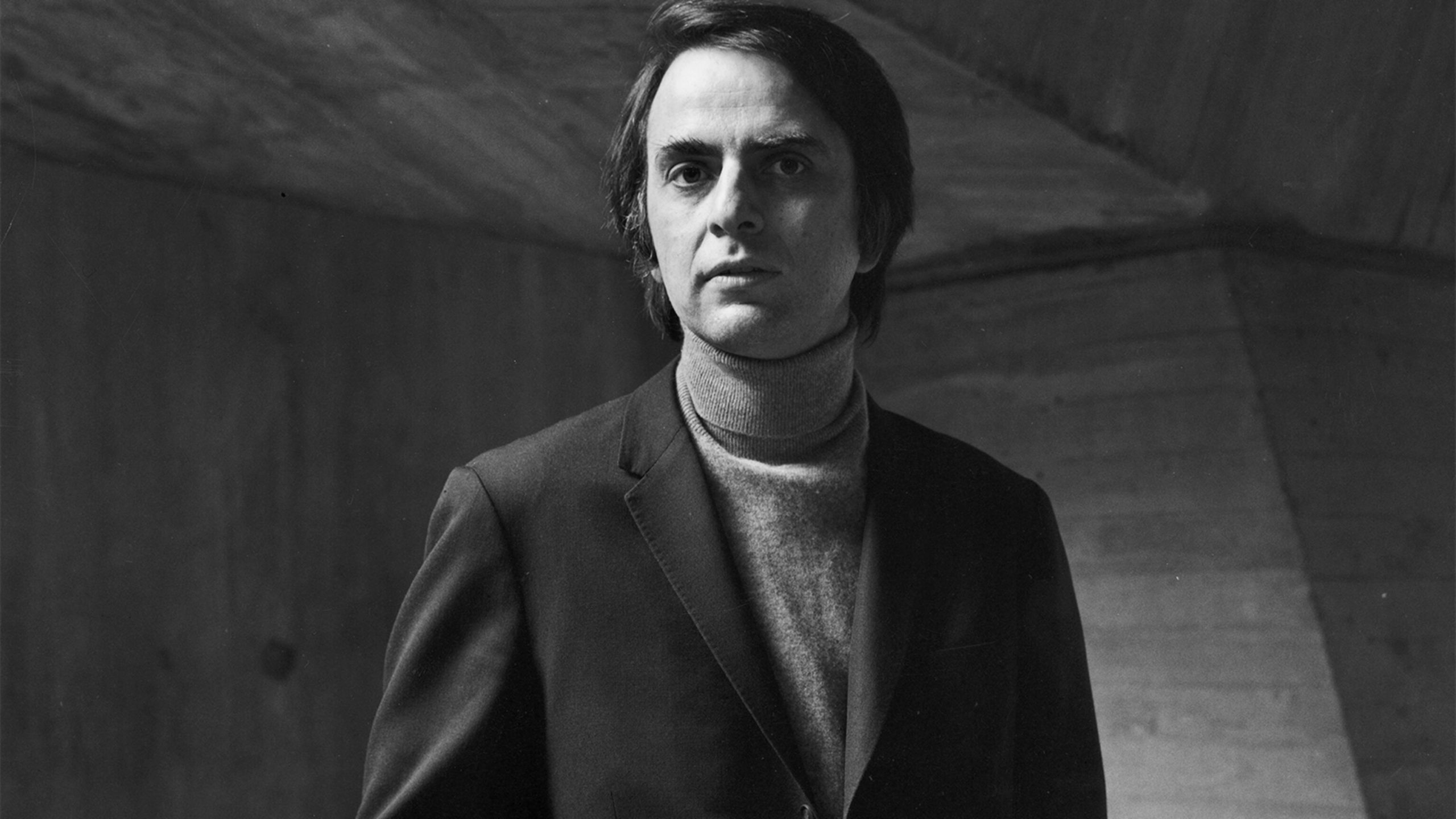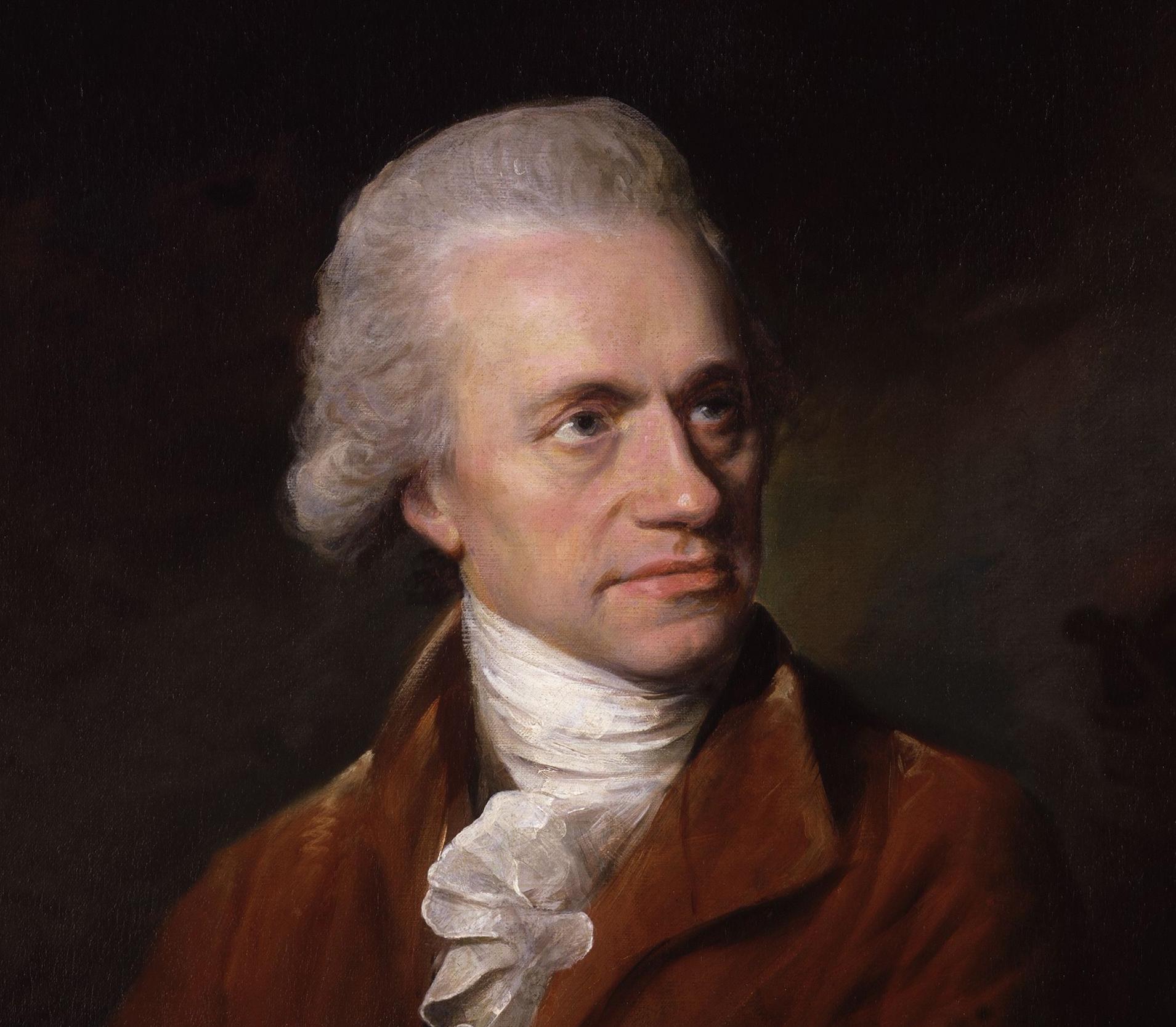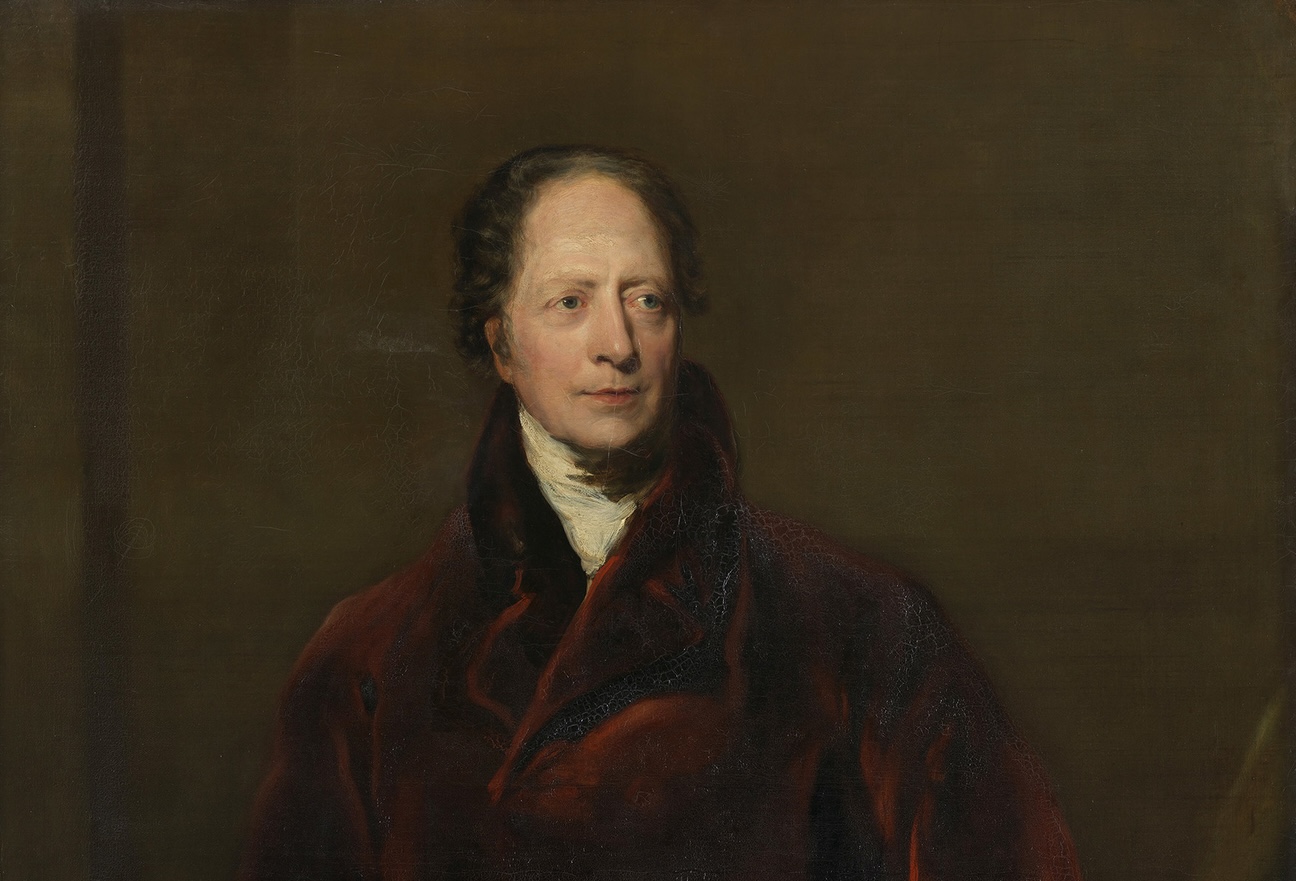You know that feeling when you stumble upon something that just blows your mind? That’s exactly what happened to me when I watched Carl Sagan’s Cosmos. I mean, this documentary isn’t just about space; it’s like a deep dive into what it means to be human and our place in this vast, crazy universe.
What Makes Cosmos Timeless?
So, Cosmos first aired way back in 1980, but honestly, it doesn’t feel old at all. Sagan had this incredible way of making science feel like this grand, epic story rather than just a bunch of boring facts. He wasn’t just talking about stars and planets—he was talking about us, about how we fit into this huge, cosmic puzzle. It’s like he was reminding us that we’re all part of something way bigger than we usually think about.
How Carl Sagan Made Science Relatable
One of the coolest things about Cosmos is how Sagan made everything so relatable. He didn’t just throw out science jargon and call it a day. Instead, he took these mind-bending concepts and broke them down in a way that made sense but still left you in awe. Like, he’d explain how stars are born or how life evolved on Earth, but then he’d tie it all back to something that hits close to home. It’s almost like he was saying, “Hey, this stuff isn’t just out there—it’s connected to you and your life.”
The Power of Perspective in Cosmos
And then there’s this whole other layer to Cosmos that’s really about perspective. Sagan had this famous line about Earth being a “pale blue dot,” just a tiny speck in the vastness of space. When you think about that, it kind of makes all the stuff we worry about—like arguments, borders, wars—feel really small. It’s like he was gently nudging us to see the bigger picture, to realize that we’re all in this together on this little planet in the middle of nowhere.
The Philosophical Side of Cosmos
What I also love is how Cosmos isn’t just about science; it’s got this philosophical vibe, too. Sagan didn’t shy away from asking the big questions—like, what’s the meaning of life, or are we alone in the universe? He made science feel like it’s not just about knowing things but about exploring the mysteries of existence. It’s kind of mind-blowing when you think about it.
The Lasting Impact of Carl Sagan’s Cosmos
And the impact this series had is wild. So many people who watched it back then ended up becoming scientists, educators, or just lifelong fans of the cosmos. Even today, there are shows that owe a lot to Cosmos and to Sagan’s way of communicating science. They even made a sequel series with Neil deGrasse Tyson, which is pretty amazing in its own right, but there’s something so uniquely beautiful about the original that just resonates on a different level.
Why You Should Watch Cosmos Today
So, if you’re ever in the mood to watch something that makes you think, inspires you, and leaves you with this sense of wonder about the universe, give Cosmos a shot. It’s like going on a journey with Sagan as your guide, showing you just how incredible and fragile our world really is. Trust me, it’s one of those things that’ll stick with you long after the credits roll.
Here’s a link to the documentary that you can watch for free: Cosmos: A Personal Voyage.
Conclusion: A Journey Worth Taking
Carl Sagan’s Cosmos is much more than a documentary; it is a cultural and intellectual milestone. It challenges viewers to look beyond themselves, to explore the wonders of the universe, and to think critically about the future of humanity. Its messages of curiosity, humility, and unity are as important today as they were when the series first aired. For anyone interested in understanding the universe and our place in it, Cosmos is essential viewing—a journey that continues to inspire wonder and reflection.


